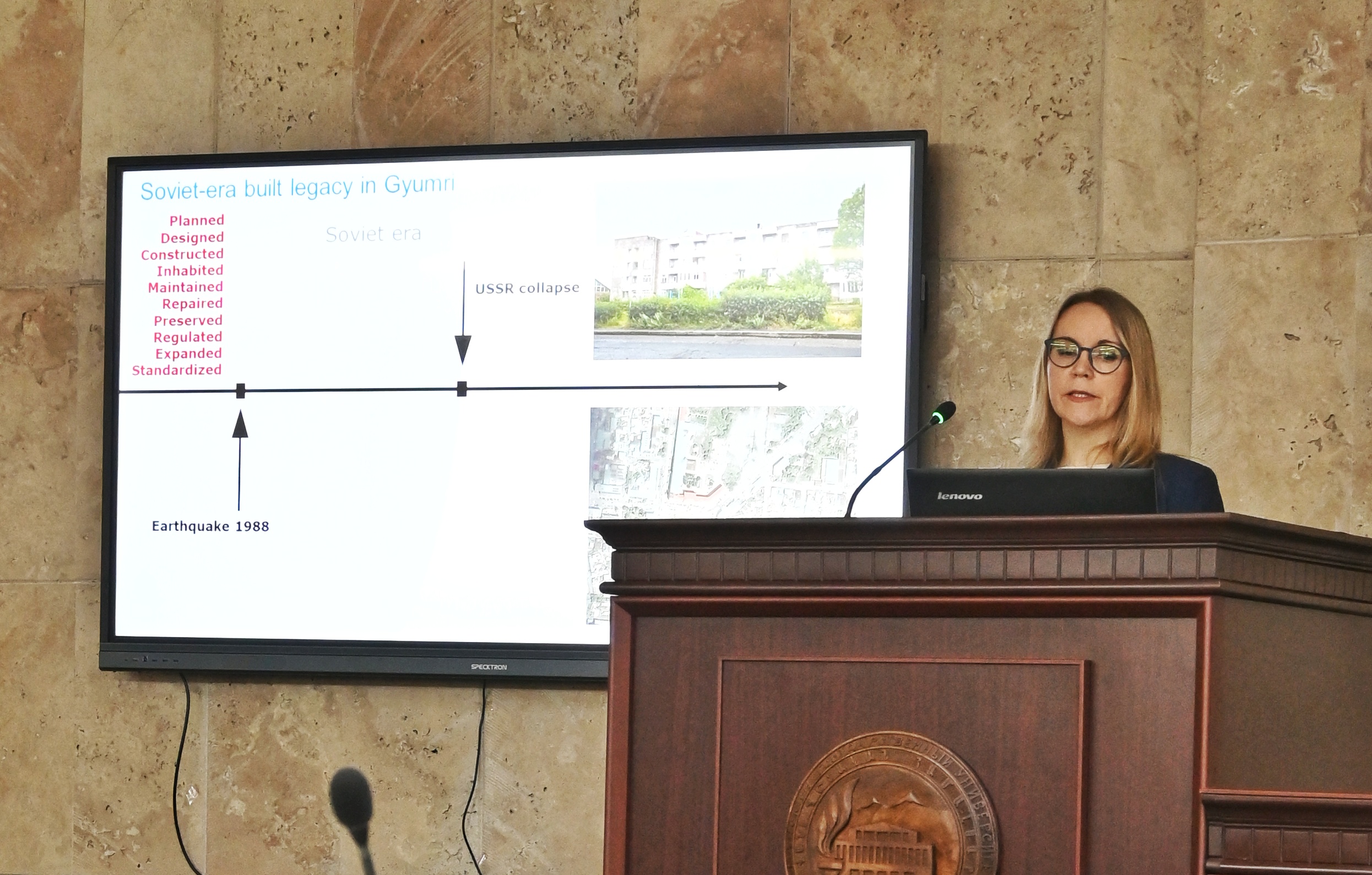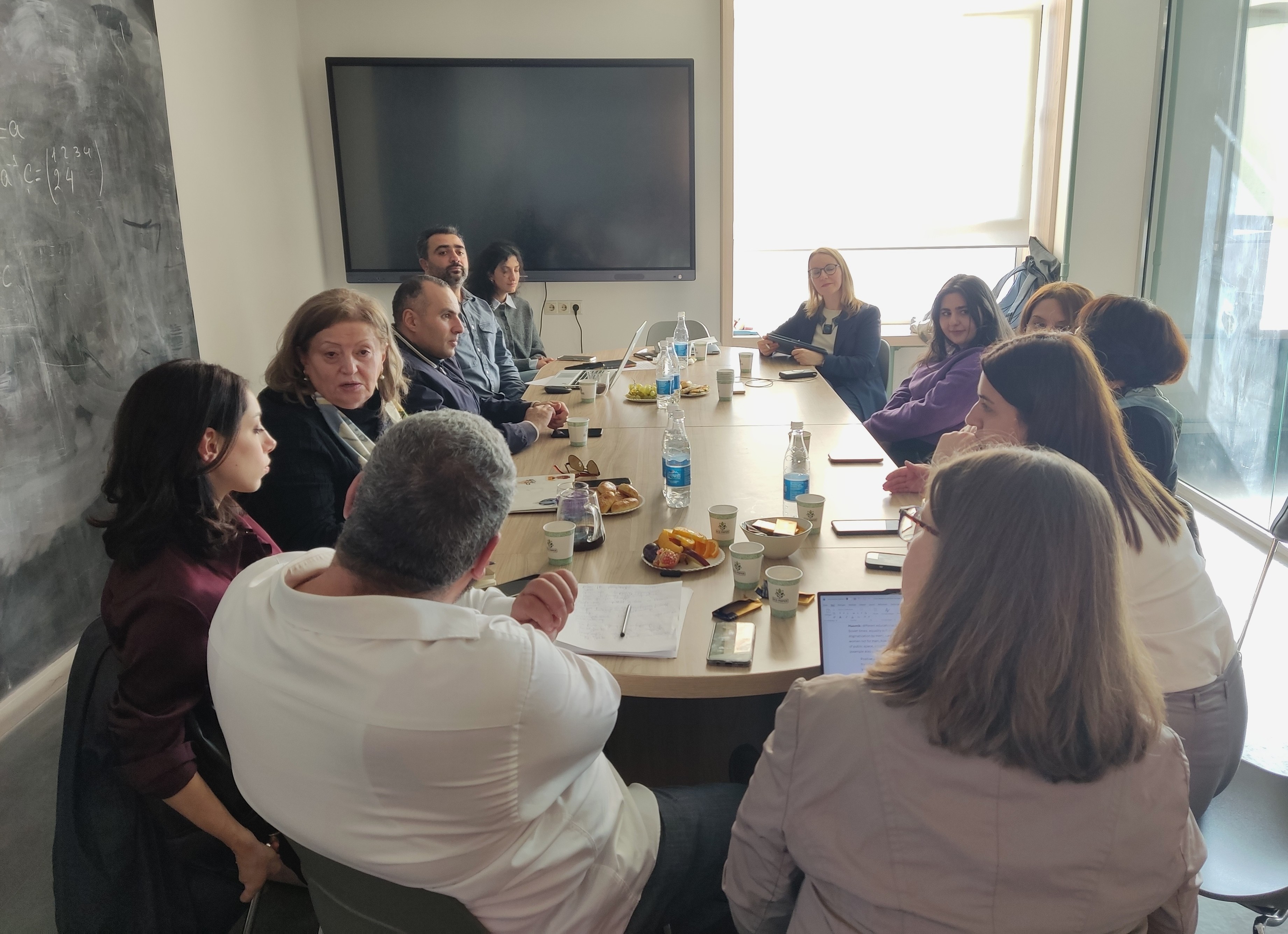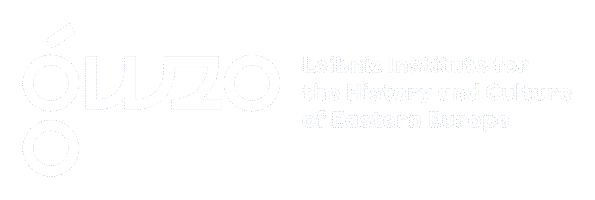On 3 November 2025, Yerevan State University hosted the international seminar “Urban Resilience and Built Heritage.” The event was jointly organized by the Territorial Studies and Development Lab (TSD Lab) at Yerevan State University, the Department of Geography and Regional Research at the University of Vienna (Recity Armenia), and the Chair of Urban Design and the Institute for Urban Design and European Urbanism at RWTH Aachen University (Cities.Building.Culture).
The seminar explored how urban resilience can be studied through the everyday realities of Armenian cities — their material legacies, social practices, and evolving institutions. The morning session brought together a range of conceptual and empirical perspectives on how resilience is understood and practiced in Armenia. Presentations addressed the relationship between urban resilience and sustainability transitions, the role of governance across multiple scales, and the continuing influence of Soviet-built environments on contemporary urban adaptation. Other contributions focused on participatory practices, community-based initiatives, gendered aspects of repair work, and the interconnections between heritage, planning, and civic engagement.

A presentation by RWTH Aachen University’s Cities.Building.Culture project, delivered by Elena Batunova and Albina Davletshina, introduced the team’s ongoing research “Layers of Urban Resilience: Reinterpreting Soviet Built Legacies in Gyumri.” The talk examined how different layers of Soviet-built housing, from preserved structures to those transformed, reinforced, or reimagined, continue to shape Gyumri’s social and spatial resilience. The presentation highlighted how built heritage serves as both a physical and social framework for adaptation, linking material endurance with the everyday practices of residents.

The afternoon panels, “Common Language of Research” and “Interdisciplinary Approaches to Urban Resilience,” moderated by Harutyun Vermishyan (TSD Lab) and Elena Batunova (RWTH), encouraged dialogue among researchers, journalists, and practitioners. Discussions focused on how core research concepts such as resilience and heritage travel across languages and disciplines, and how translation and collaboration can open new pathways for interdisciplinary research and urban learning.

The seminar concluded with a shared recognition that understanding resilience requires continuous international and cross-sectoral dialogue. Sustaining this exchange will be essential for advancing collaborative research and education on urban transformation in Armenia and beyond.







